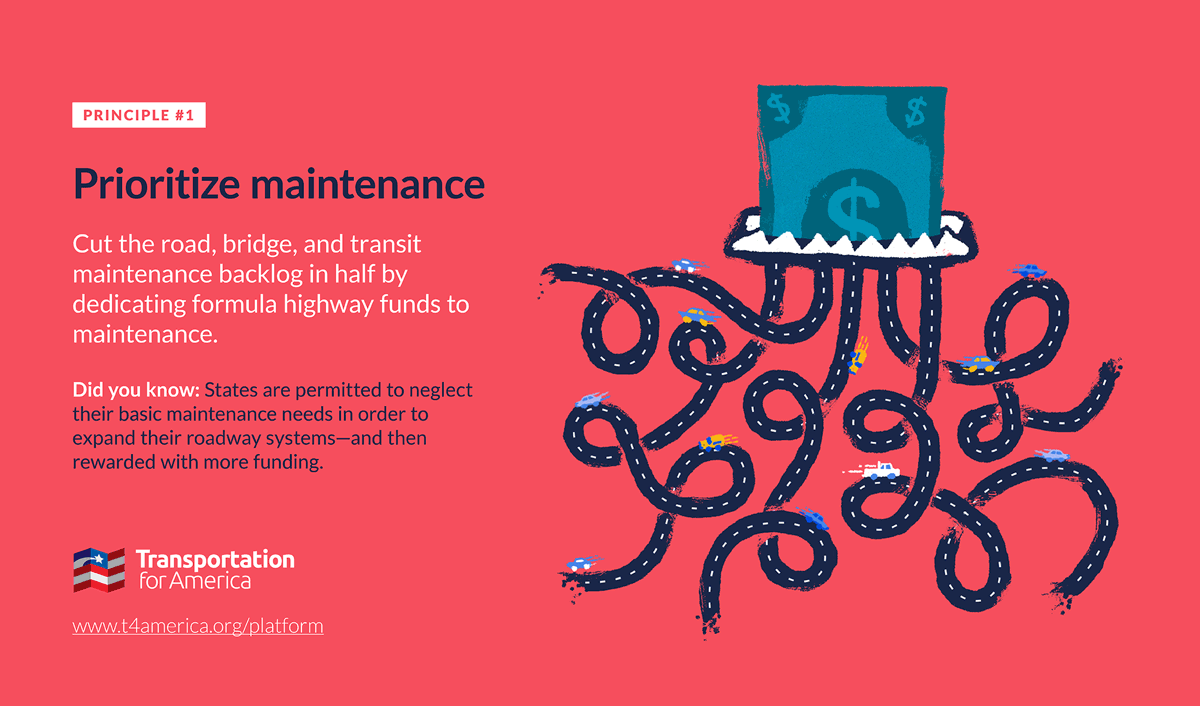Posts Tagged "transit funding"
Two federal bills for better transit service
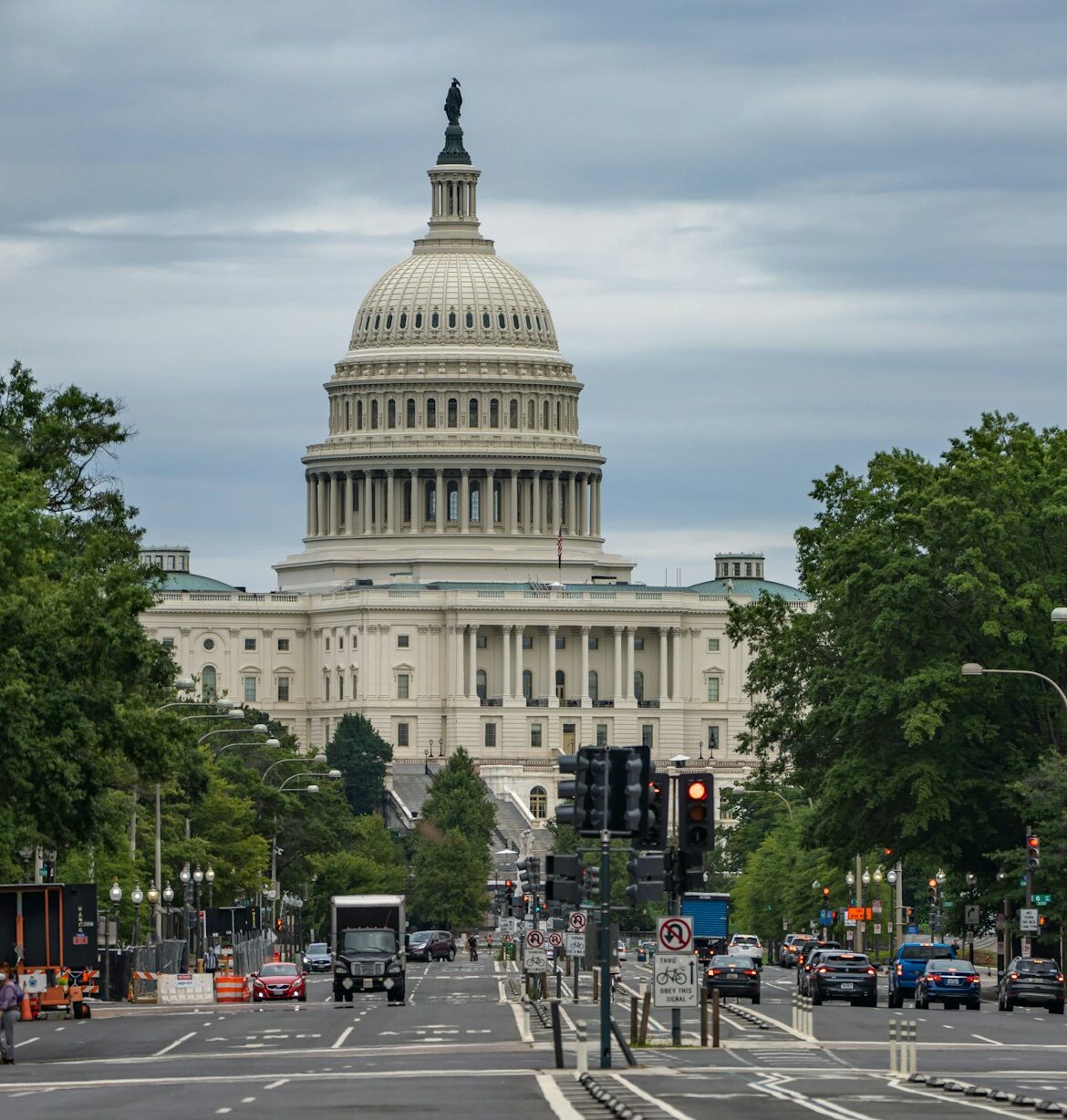
The Moving Transit Forward Act, introduced by Senators Chris Van Hollen (MD) and John Fetterman (PA), seeks to bolster public transit nationwide. While differing from Representative Hank Johnson’s (GA-4) transit operating bill in the House, both aim to address the urgent need for sustainable transit funding.
Avoiding Derailment: The Freights First Act in Perspective
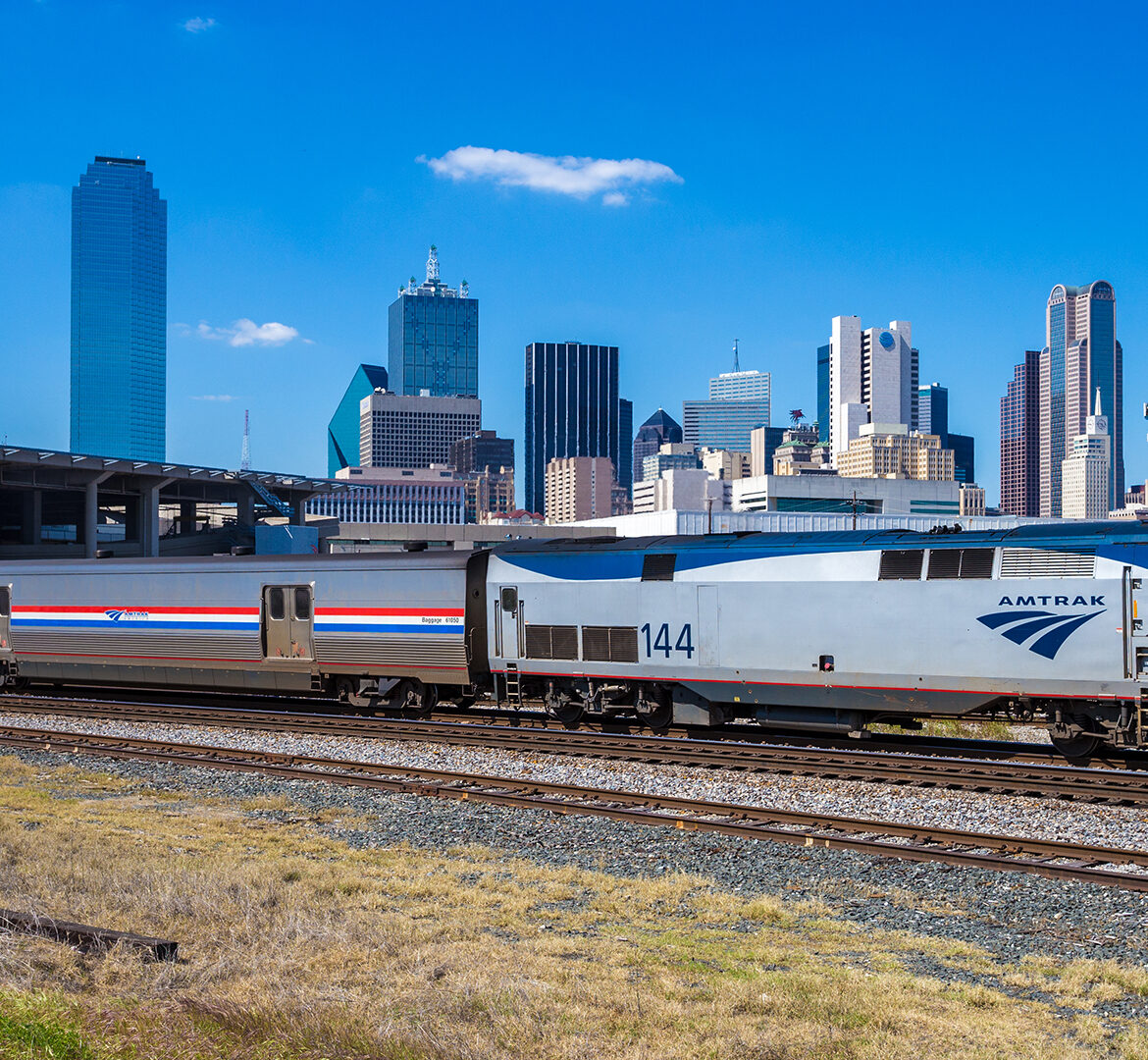
There is no denying that there are persistent issues that impact reliable freight service and the efficient delivery of goods nationwide. Yet, despite the discussion of the myriad service issues that affect the supply chain, Amtrak and passenger rail have not been identified as a cause of disruption, and have, in fact, been conspicuously absent […]
Inverting the IIJA’s double standard

The IIJA and IRA are hailed as landmark pieces of climate legislation. Unfortunately, by prioritizing the status quo of flexibility and formula status for highway projects, the IIJA is set to see the gains of any individual emissions-reducing projects go up in smoke. When the Infrastructure Investment and Jobs Act (IIJA) was passed two years […]
Puget Sound’s strategy to center equity in the new normal
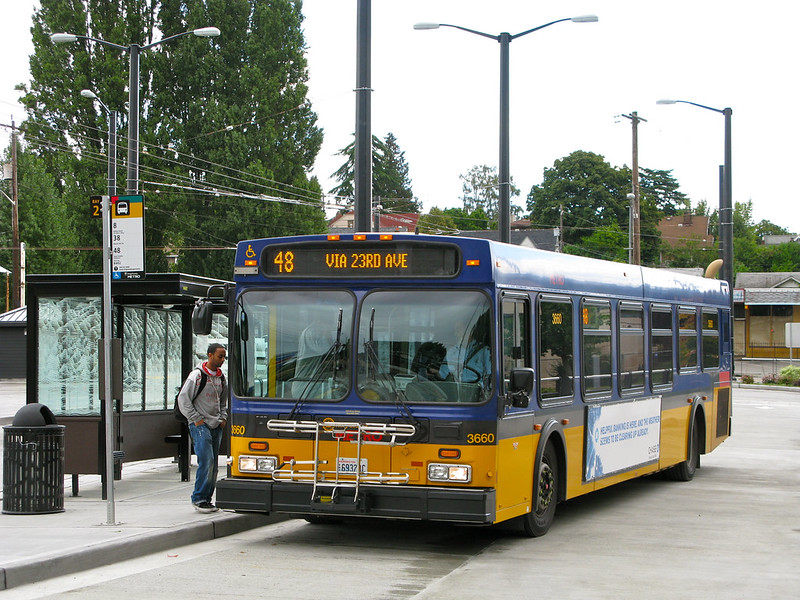
Spurred on by COVID-19 disruptions, leaders of the Puget Sound Regional Council found a new way to allocate federal transit formula dollars. Their equity-focused distribution could help the most vulnerable communities while also adapting to new travel trends.
California is hanging transit out to dry
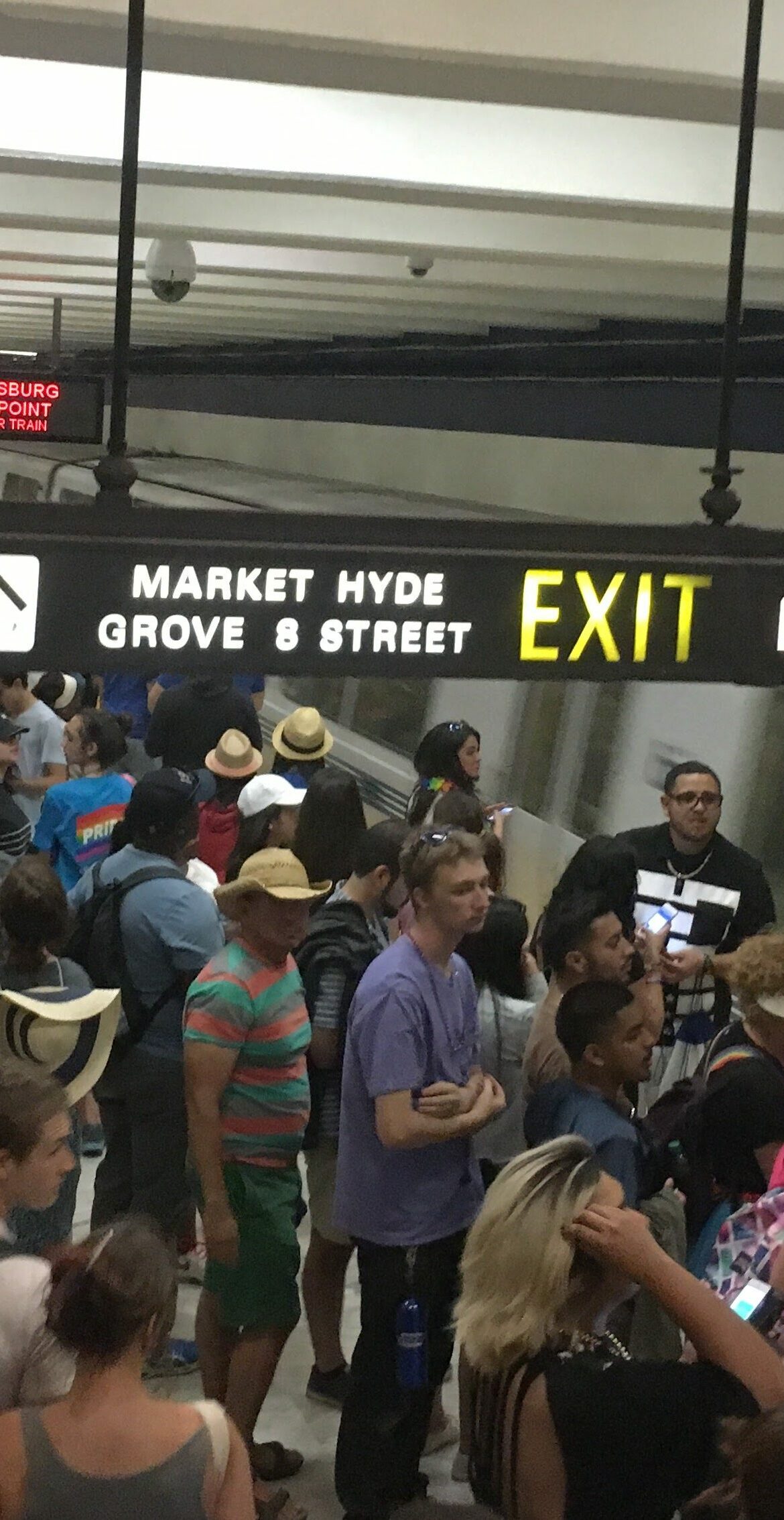
California’s transit agencies are bracing for a fiscal cliff, a real threat facing communities nationwide. If left unresolved, it could lead to drastically reduced service, cutting people off from jobs and services. But California’s legislature is preparing to vote on a budget that will do nothing to stop it.
How Minnesota set a national example in climate legislation
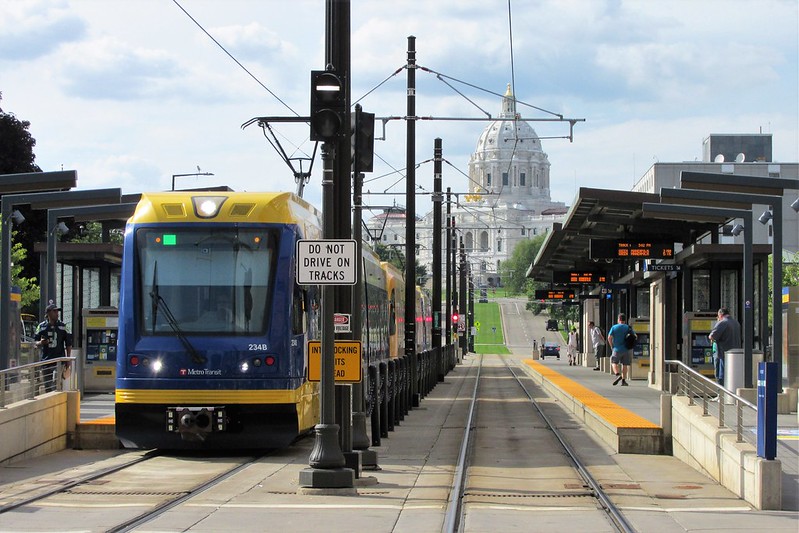
Minnesota made waves last week by passing a landmark transportation spending bill that will fund transit expansions and passenger rail service while reducing transportation emissions. The law, which was passed by razor-thin margin, serves as a blueprint for transformative transportation legislation.
Is the federal government squandering clean transit funds?

A new report shows splitting clean transit funds between zero-emission vs. low-emission is holding U.S. transit agencies back from cleaning up the bus fleet.
Think creatively, go bold, iterate time and again on transit
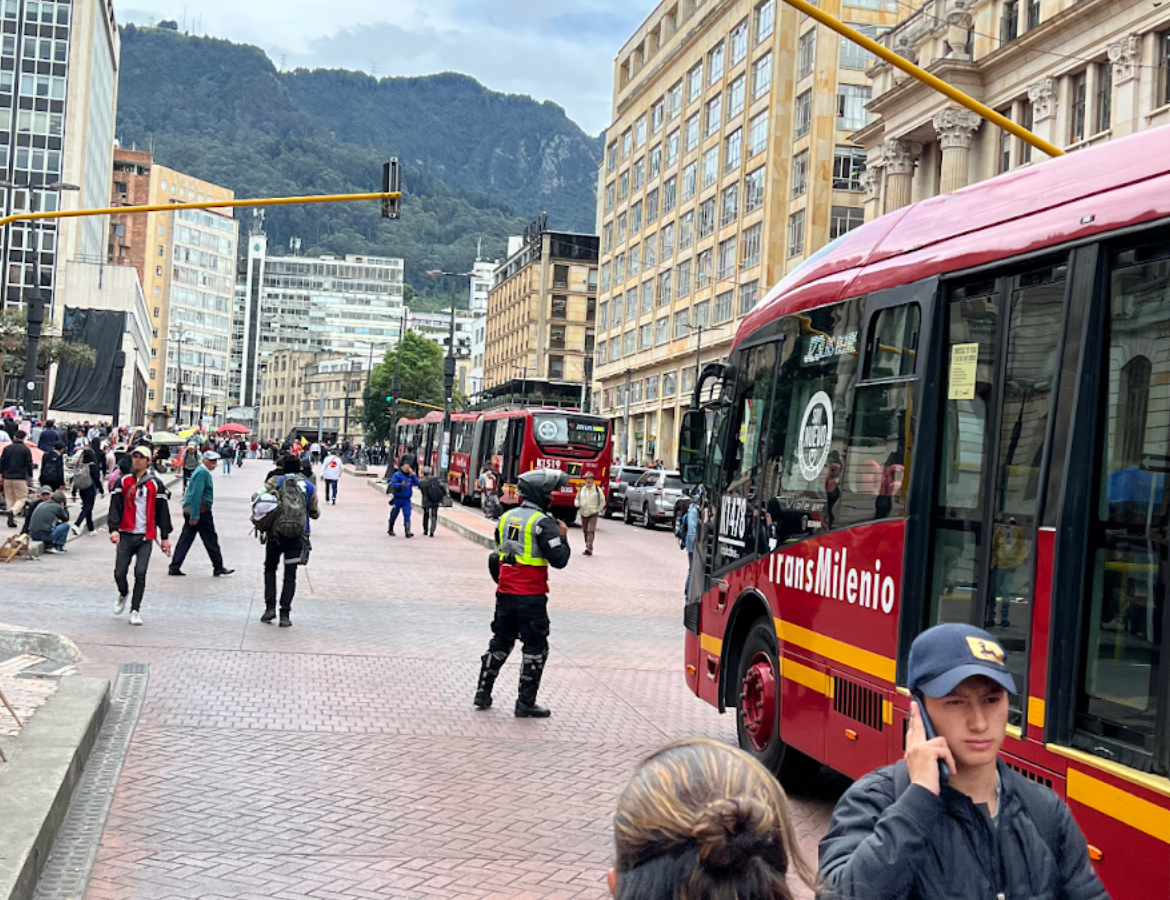
Transit serves as the sustainable mobility lifeline for people in many communities around the world. Transit also serves as the great equalizer, transporting white collar workers, essential workers, tourists, as well as youth and seniors. Yet in the US, transit is still deemed over-resourced and undeserving. Traveling on Bogotá’s TransMilenio highlighted what matters most in transit service delivery: a willingness to think creatively in order to improve service.
Follow the money: Where does your state stack up on supporting transit?
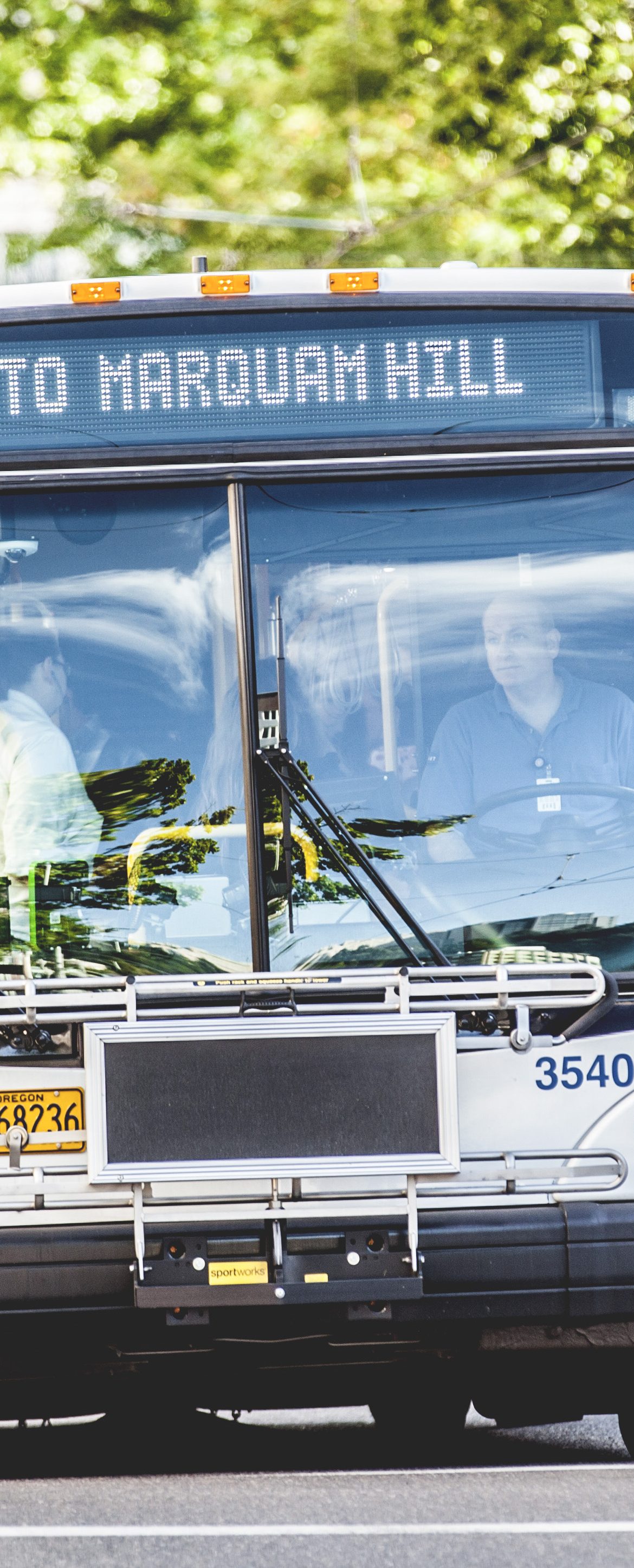
Even though transit service is a localized experience, the state you live in actually has a massive impact on your access to frequent, reliable transit. As with interstates, ports, or other vital parts of a state’s transportation network, state governments have a major role in supporting the planning, operations, and maintenance of public transportation service. But the financial commitment to transit varies widely from state to state.
Transit fiscal cliff or transit fiscal doom?
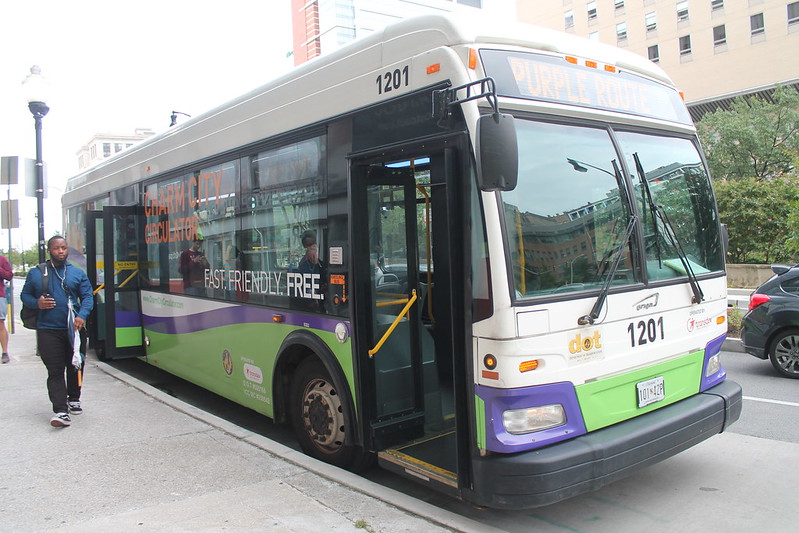
When ridership plummeted at the onset of the Covid-19 pandemic, transit agencies across the country experienced substantial operating budget deficits. The federal government responded by rolling out multiple relief packages to help agencies make it through the worst of the pandemic. Now, in early 2023, funds are running out. We surveyed transit agencies nationwide to see where they stand as federal support dwindles.
Following through on the ADA: The All Stations Accessibility Program
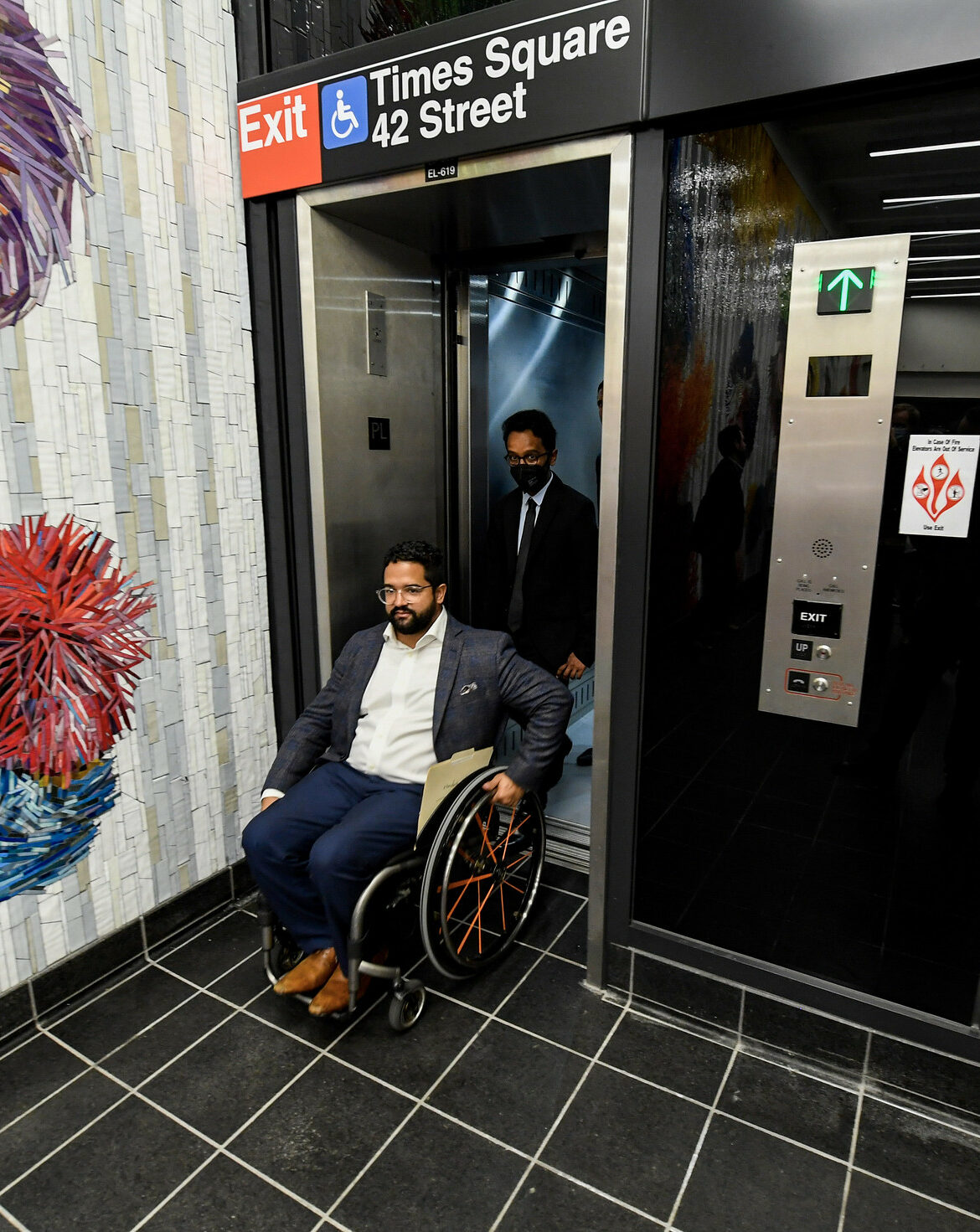
The Federal Transit Administration (FTA) released a notice of funding opportunity for the All Stations Accessibility Program (ASAP) that allocates $343 million in fiscal year 2022 (FY22). This program offers competitive grants to localities for the upgrading of legacy stations so they meet the standards of the Americans with Disabilities Act (ADA) of 1990.
USDOT and Congress: Taking sides but not talking about implementation
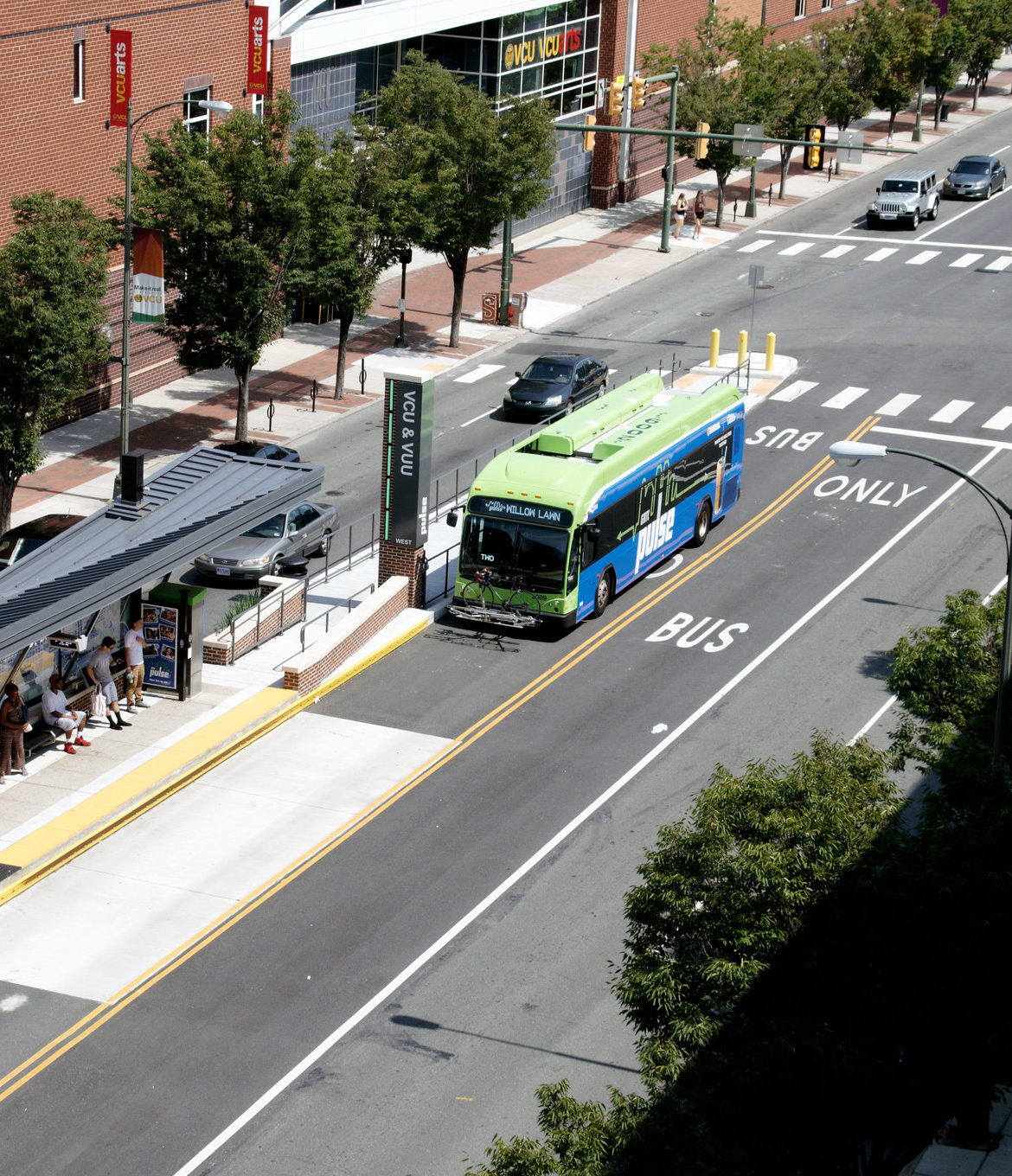
If we’re going to ensure that the historic amount of transit funding in the infrastructure law actually results in good, usable, high quality transit that improves access to jobs and services, Congress is going to need to do a better job of oversight and thinking through the very real and difficult issues at hand for transit, not just arguing about whether or not transit is a vital part of transportation and mobility in communities small and large.
Reducing emissions with better transit, part two: Improve transit access

Increasing funding for transit operations is a vital first step to help more people drive less, but there’s an equally important next step: connecting more people by transit to more of the destinations they currently reach by car.
After COVID, who’s driving the bus?
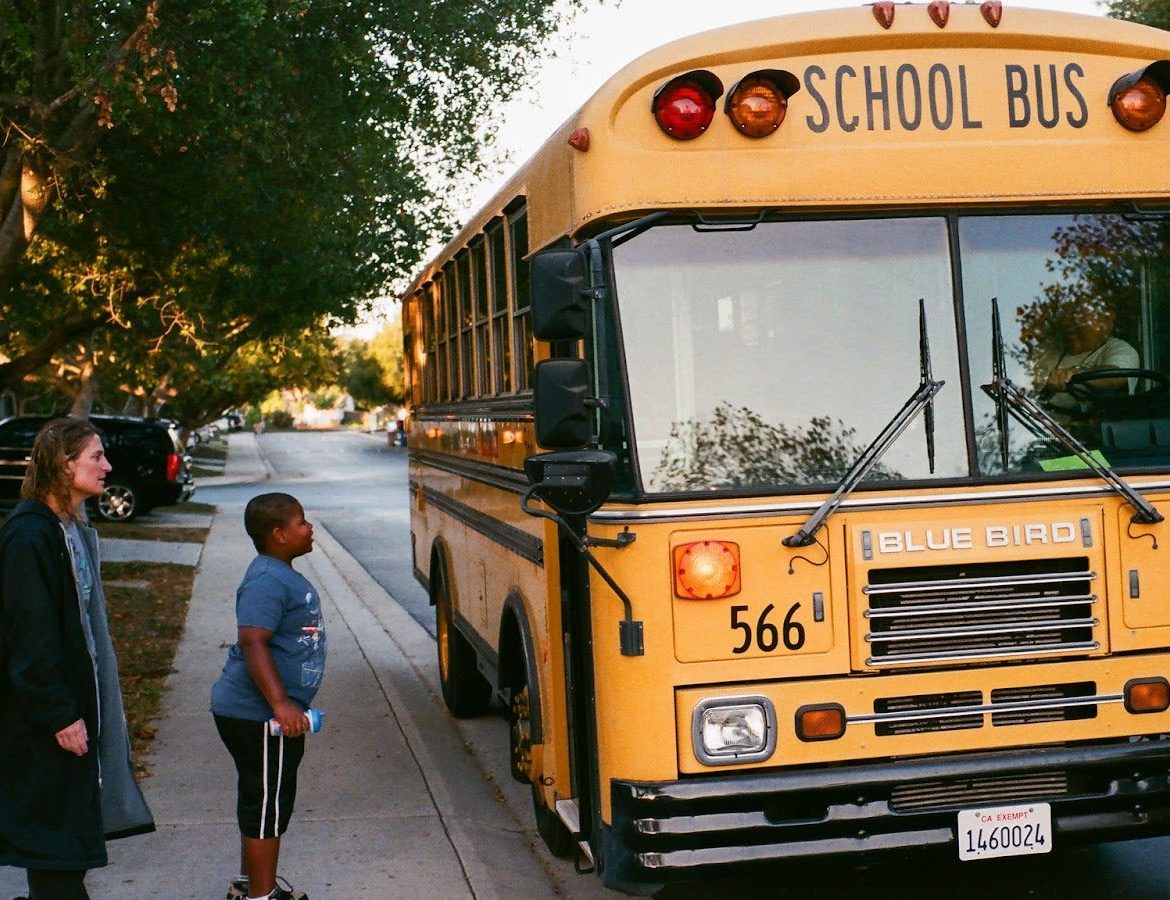
As schools have returned to in-person learning and employment centers come back to life, mobility is grinding to a halt with a slow return of bus operators, the result of market pressures and ill-timed disinvestments.
Want to save the climate? Start by funding transit operations
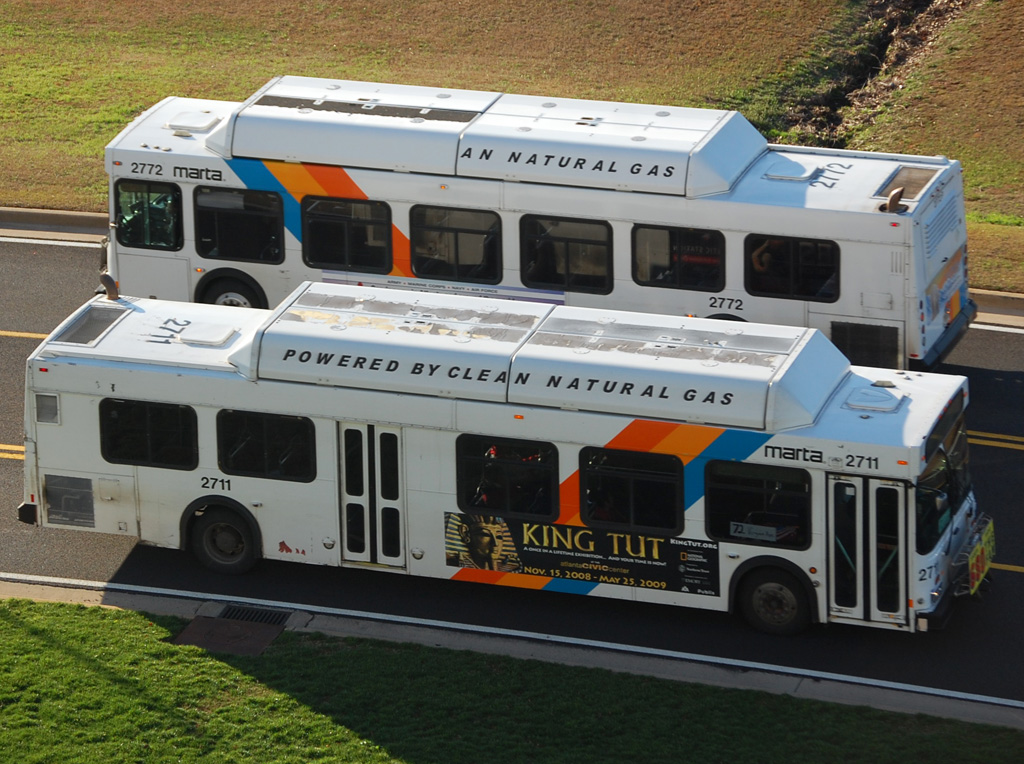
The current trend of more driving will make it harder for us to reach our emissions goals. Making public transit a more convenient and reliable option so people can access the things they need while taking shorter or fewer car trips is one way to reverse the trend of more driving.
Federal transportation funding opportunities 101

There are ample opportunities for the infrastructure law to support good projects and better outcomes. These five in-depth, detailed guides explain the available federal programs for funding public transportation, passenger rail, Complete Streets and active transportation, and EV infrastructure.
Less than 30 days to speak out on transit funding
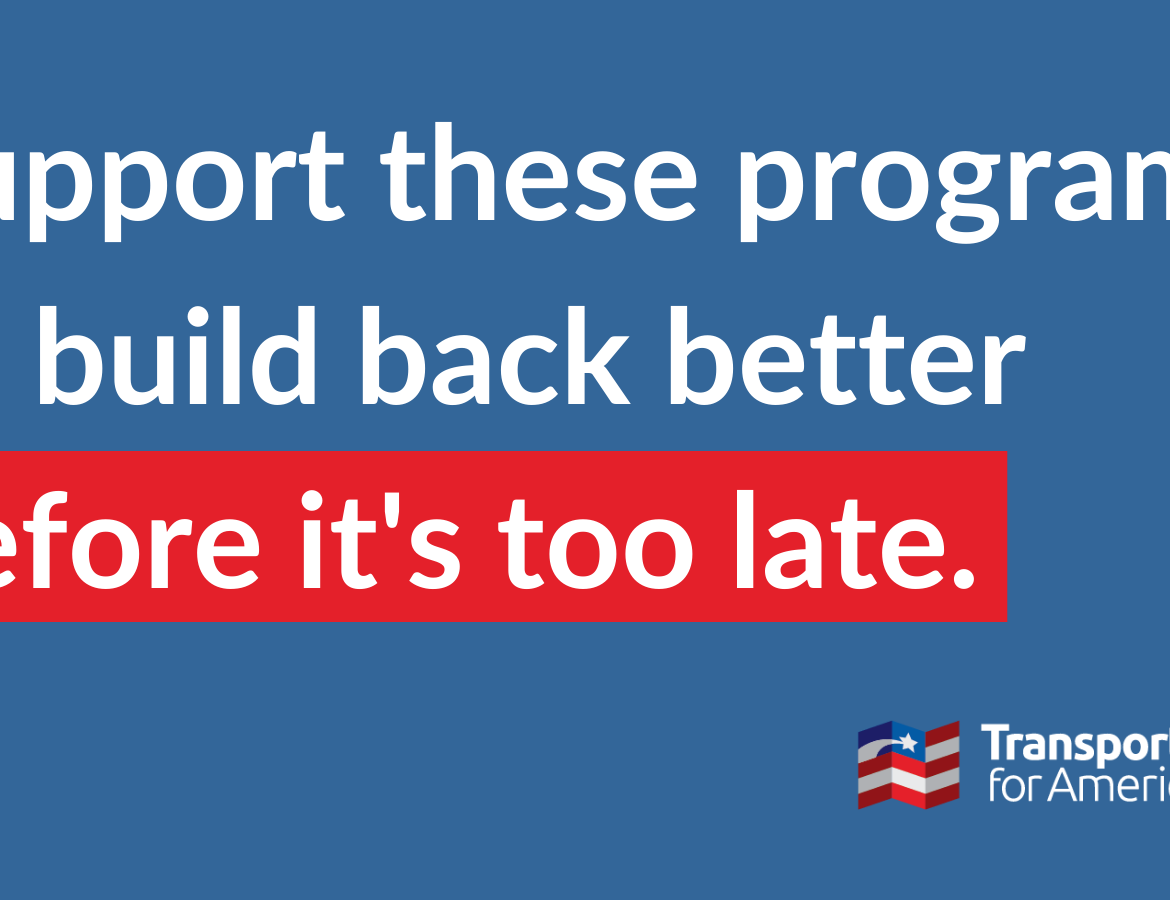
Last weekend, Congress gave themselves until October 31st to pass the infrastructure deal (the Infrastructure Investment and Jobs Act or IIJA) and the budget reconciliation (the Build Back Better Act). With cuts on the way for the Build Back Better Act, it’s more important than ever to raise our voices in support of transit funding.
Transit funds could crack under the pressure of the budget deadline
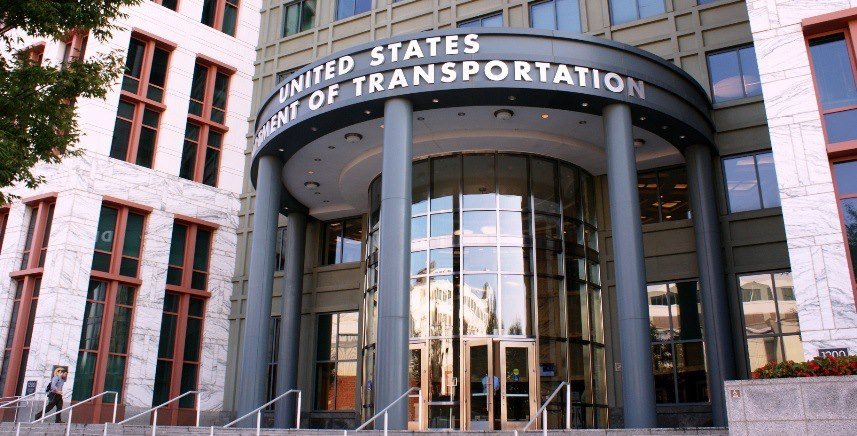
The upcoming continuing resolution to fund the government and avert a shutdown won’t include transportation spending, piling on the pressure to pass the infrastructure deal and budget reconciliation. Congress could end up gutting the reconciliation package to make a deal.
Why the House and Senate owe transit $10 billion

he Senate’s infrastructure deal came up short on transit in two key ways. The House can address these concerns by restoring the funds cut from transit. More on this in our fact sheet.
Three ways reconciliation can restore funds taken from transit and equity
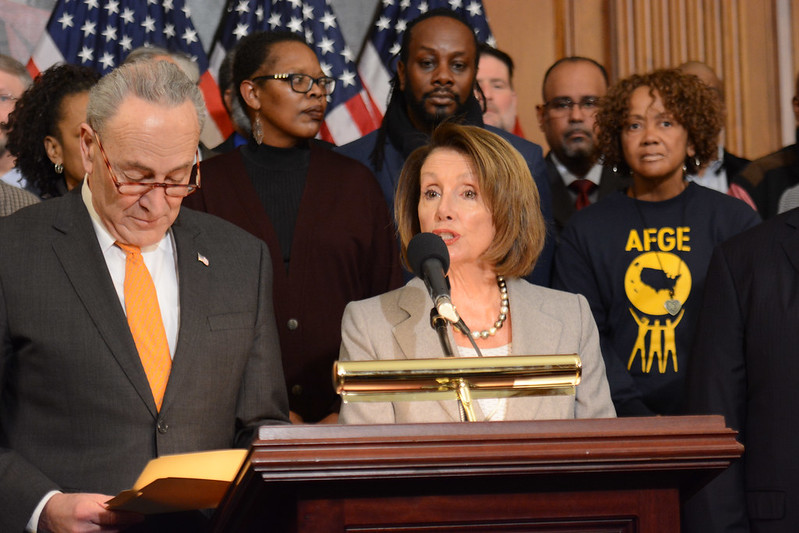
With the bipartisan infrastructure deal approved by the Senate, opportunities to shift long-term transportation policy will shift to the House and to program implementation. The opportunity in the House is through targeted investments via the budget reconciliation bill that will accompany the House infrastructure bill vote.





